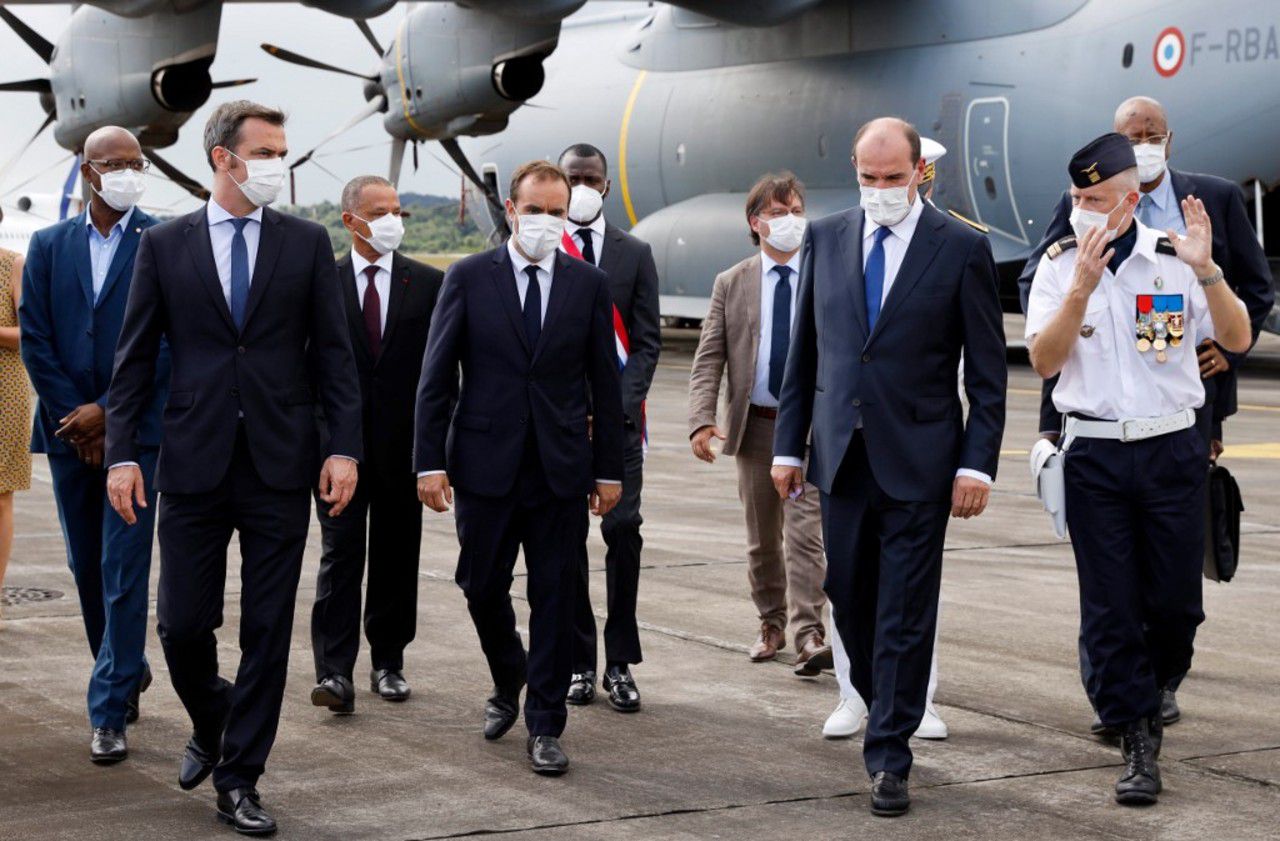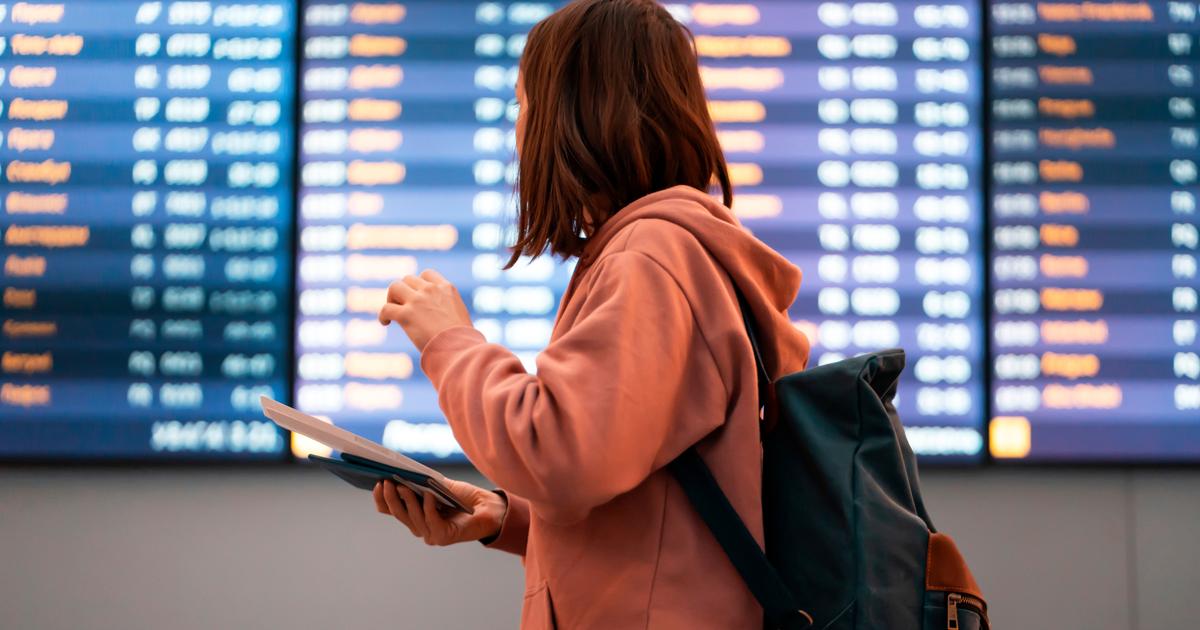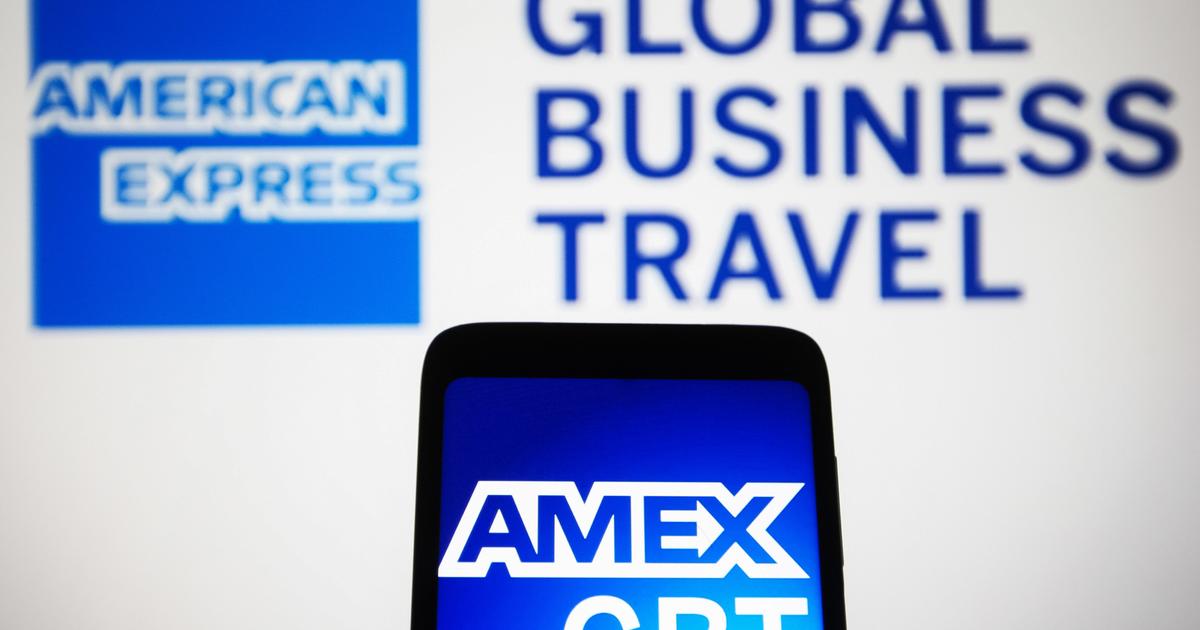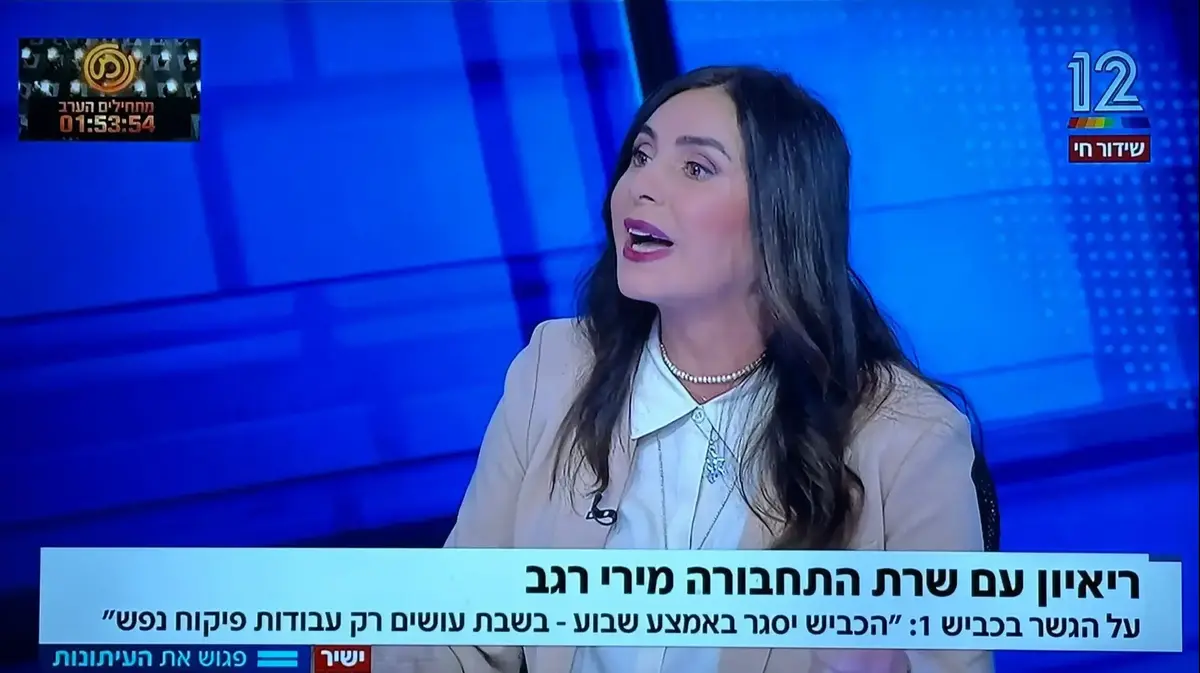The controversy is never far away, and the trips of ministers, public or private, are always very scrutinized. Last week, it was Roselyne Bachelot who paid the price. Expected in Lille on Saturday for one of her first trips as Minister of Culture, she immediately left in an emergency aboard a helicopter to go to the bedside of the burnt cathedral in Nantes. A means of locomotion which strongly reacted to certain Internet users or political leaders such as the former Minister of the Environment Ségolène Royal.
If the minister subsequently motivated her trip by time constraints (the train to Nantes making her arrive after the Prime Minister's visit), this is far from the first time that a member of a government has been pinned for its transport methods, justified or not.
“Strictly supervised” trips
Before 2010, there were no rules governing the travel of ministers. The latter were free to draw as they saw fit from their representation expenses envelope, which amounts to between 100 and 150,000 euros per year depending on the ministries.
In February 2011, Prime Minister François Fillon signed a decree following a letter from President Nicolas Sarkozy, asking him to ensure "that the travel of ministers and secretaries of state is strictly supervised, by making special use of rail transport. and by limiting the number of people accompanying them ”. An official decision that came after several controversies. To go to an international conference in Martinique in March 2010, the Secretary of State for Cooperation and Francophonie Alain Joyandet had rented a private jet for 116,500 euros. In February 2011, it was the Minister of Foreign Affairs Michèle Alliot-Marie who had borrowed the plane of a businessman linked to a relative of ousted Tunisian President Ben Ali during vacation.
Since then, only transport and subsistence expenses “carried out for ministerial functions” have been covered. If the ministers have an elective mandate, they can visit their constituencies "within the limit of one trip per week". In all cases, specifies the decree, "the displacement can be carried out by plane only if the use of another mode of transport causes a travel time exceeding two hours, to go or to return".
In the context of air transport, ministers must favor regular lines. The use of a government plane or helicopter must be subject to "an express request to the Prime Minister's chief of staff," underlines René Dosière, former deputy and public finance specialist. For a shorter journey, the choice of whether to use the car or the train (ministers have free access to the rail network in first class) is left to the discretion of the ministers, depending on the constraints of their agenda.
In the private context, "common sense measures"
“Private travel, use of private funds”. If no written instructions come to regulate the private travel of ministers, "it is the rule that prevails", explains René Dosière. All costs, except their security, must therefore be paid with their personal money. "Common sense measures that do not need to be recalled," said Matignon.
Recommendations are also sent each year before members of the government leave on vacation, to remind ministers "of their duty to be sober" and ask them to "pay attention to their carbon footprint".
Ministers must also remain permanently mobilized. For this summer, a circular was sent to all members of the government asking them to stay inside the Schengen area. The vast majority of them decided to spend their holidays in France.
Special rules for the President and the Prime Minister
In view of their responsibilities and for their safety, the President and the Prime Minister can, if they wish, borrow the ETEC planes and helicopters (transport, training and calibration squadron), at the military air base 107 of Villacoublay, as well to go in a private as public.
Political Newsletter
Every day, political news seen by Le ParisienI'm registering
Your email address is collected by Le Parisien to enable you to receive our news and commercial offers. Learn more
"The president must be able to return to Paris at any time in the event of a crisis," recalls René Dosière. To save money and for safety reasons, he is therefore authorized to use a government plane for his private trips, short or long, but must always pay his travel expenses and those of his relatives.
The same rules apply to the Prime Minister. In 2015, Manuel Valls had used a Falcon 7X to travel to Berlin to attend the Champions League final with his children. With a cost of 4,742 euros for a single hour of flight, the use of an official plane had caused a stir. The Prime Minister had finally reimbursed the two places of his children, for a total of 2,500 euros.
In December 2017, Edouard Philippe chartered him a flight for 350,000 euros between Tokyo and Paris to bring him and his delegation of around fifty people from New Caledonia. Even if it was a business trip, he recognized that it was "complicated" and "expensive" to move a Prime Minister: "I fully understand both the surprise and the questions raised by French ”.






